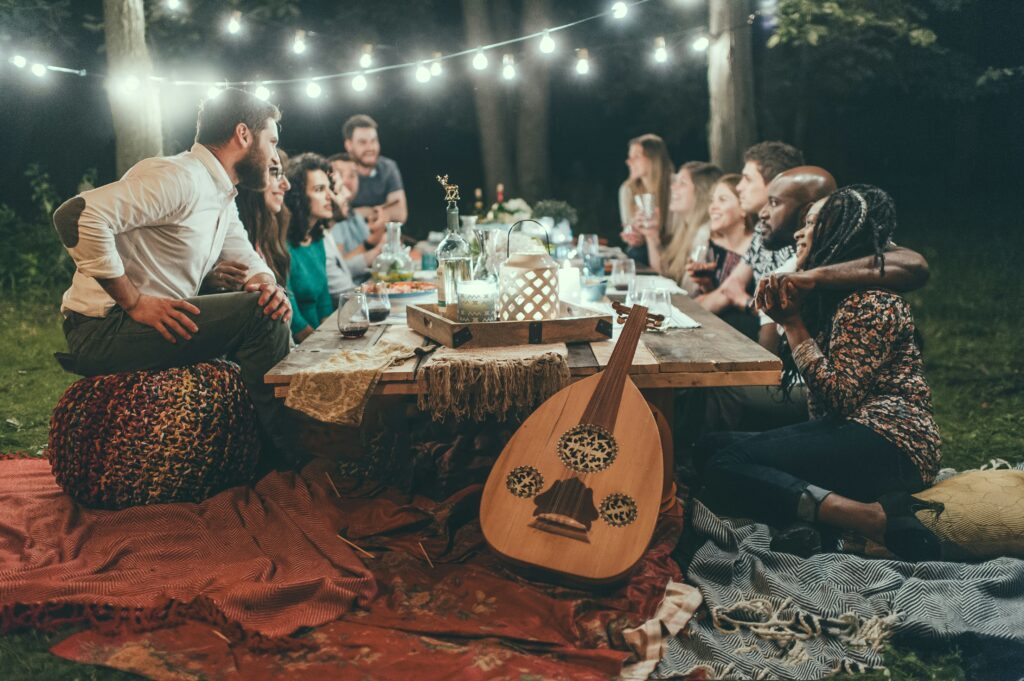Friendship is a concept we all seem to understand, yet defining it can be elusive. What does it mean to you? Is it about sharing experiences? Feeling deeply understood? Or simply having someone to walk alongside you through life’s journey?
Friendship often arises from circumstances, spending time together, growing up with someone, or finding common ground in shared interests. Yet, even in these connections, disappointment can surface. How often have we found ourselves asking, Are we really friends? What keeps us connected?
At its core, there’s a universal longing for connection. A desire to express and receive it. To not only share our experiences but to feel deeply seen, understood, and cared for.
Yet, friendship often carries an element of exclusivity – this sense of closeness that seems to set certain relationships apart. But is this exclusivity necessary? Are we not all friends? Why leave anyone out? If we truly recognize our interconnectedness, perhaps friendship could expand to include everyone. Still, practical life tends to draw us toward certain individuals, those with whom we feel a stronger resonance.
Friendship and the Role of Solitude
On the journey of life, we inevitably go through phases of isolation. These moments of solitude may feel challenging but are often vital for self-discovery and growth. During these phases, friendships that no longer resonate tend to fall away, leaving space for alignment with our truest selves.
This time alone invites us to cultivate the most foundational relationship of all: the relationship with ourselves! When we become our own partner and best friend, something remarkable happens. We stop seeking validation or fulfillment through others. Friendships and relationships that follow aren’t driven by ego triggers or unmet needs but become reflections of the self-love we’ve cultivated.
Being Your Own Best Friend
To me, being your own best friend feels like the foundation for all other connections. It means showing up for yourself with kindness, patience, and unconditional love. It’s about listening to your needs, honoring your boundaries, and treating yourself with the same care you’d offer to a dear friend.
When we align with ourselves in this way, we stop expecting others to fill voids or soothe insecurities. Instead, we approach friendships from a place of wholeness. Connections become a reflection of the love we’ve nurtured within. They feel lighter, freer, and less tangled in expectations or ego.
Friendship, in this sense, becomes less about what we get and more about what we share, our joy, our authenticity, and our presence.
The Nature of True Friendship
True friendship mirrors the love we hold for ourselves. It’s not about exclusivity or shared interests alone but about a deep resonance. It’s a connection where we feel free to be ourselves and encourage the other to do the same.
Friendship becomes an invitation to walk alongside one another, as companions on the journey. It’s about holding space, offering understanding, and celebrating each other’s growth.
When we approach friendship from a foundation of self-love, it transforms. It no longer triggers unmet needs or past wounds but becomes a joyful expression of connection. Friendships are no longer about seeking but about reflecting the love and alignment we already hold within.
What does friendship mean to you? Have you experienced a shift in your relationships as you’ve grown more aligned with yourself?

